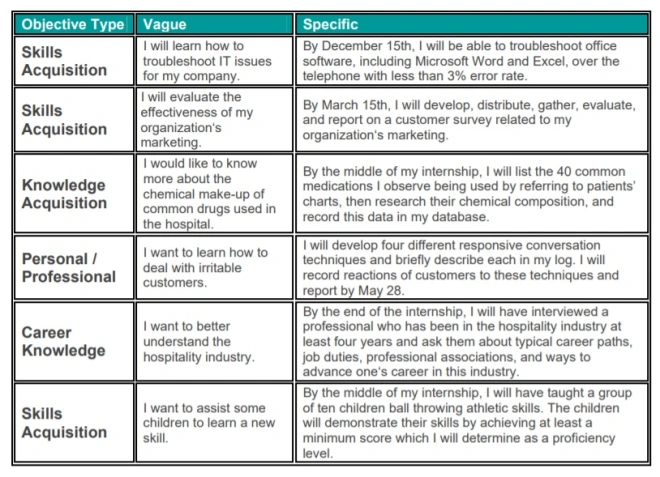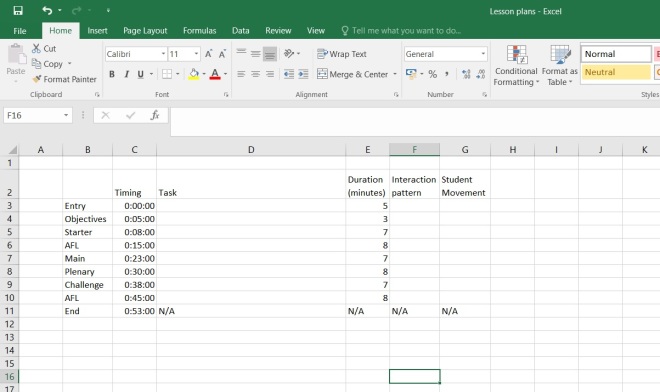This always goes wrong.
The research question in a Science experimental report, be it Internal Assessment or one of your scheduled practicals, is always poorly done by students, and tends to require the most editing to get it right. One piece of advice given to International Baccalaureate Science teachers supervising an IA is to spend more time on the research question.
Which makes sense. If you don not have your line of inquiry sorted, how can you hope to proceed on any investigative endeavour.
The issue is that the Research Question is a very specific format. You need to include quite a lot of information into a single sentence:
- Aim of the experiment
- What variable you will change (Independent)
- What variable you will measure as a result of that change (Dependent)
- The range of the variables you will change
- The units of those variables
As an example of a typical offering for a research question:
How does temperature affect the melting times of ice cream?
What does that include? Well the aim certainly, and it mentions two variables. Whilst you can infer that temperature is the independent variable, it does not mention the range of values in which the experiment takes place, or the units of those values.
Put it this way, if you run this experiment between -15 and 0 degrees Celsius, you would get very different results to if you did it at 3000-4000 degrees. Now imagine doing either of those ranges in Kelvin.
Aside from the impressive feat of creating negative temperature in Kelvin with school equipment, being clear about the temperature range and the units they are in is more intellectually honest.
So, let’s tidy this up a bit:
How does varying the temperature between 10 and 40 degrees Celsius affect the melting time in seconds of ice cream.
Better so far, but we can be much more clear. What exactly does temperature mean, and what are the conditions for melting?
The temperature could be surface temperaure of the container, the ambient temperature of the air, or even another external source of heat like a lamp or laser. The conditions for melting could be the surface layer of the ice cream, or it could be once the initial scoop shape is lost, or even just full liquid phase of the cream.
So, being more specific (with no finesse):
How does varying the ambient temperature of a room between 10 and 40 degrees Celsius affect the time taken, in seconds, for a 50 gram spherical scoop of ice cream to melt in its entirety?
From that you can pretty much extrapolate out the whole experiment, apart from controlling the flavour ice cream (it is a well-known fact that chocolate melts faster to facilitate staining of your favourite shirt).
So… how to encourage this in the lower years before hitting the IB stage? That is a very good question, and one for a different post. For now, the band-aid solution:

A simple formula for writing down the main points of a research question. As long as the relevant information is included you can give feedback on how well it is communicated, and the flow of language.
This slots into the experiment report frame I made earlier, replacing the hypothesis section. Feel free to steal and adapt.
Happy teaching!




